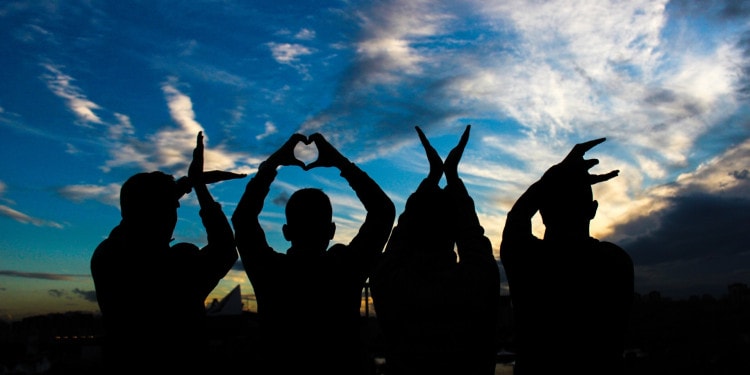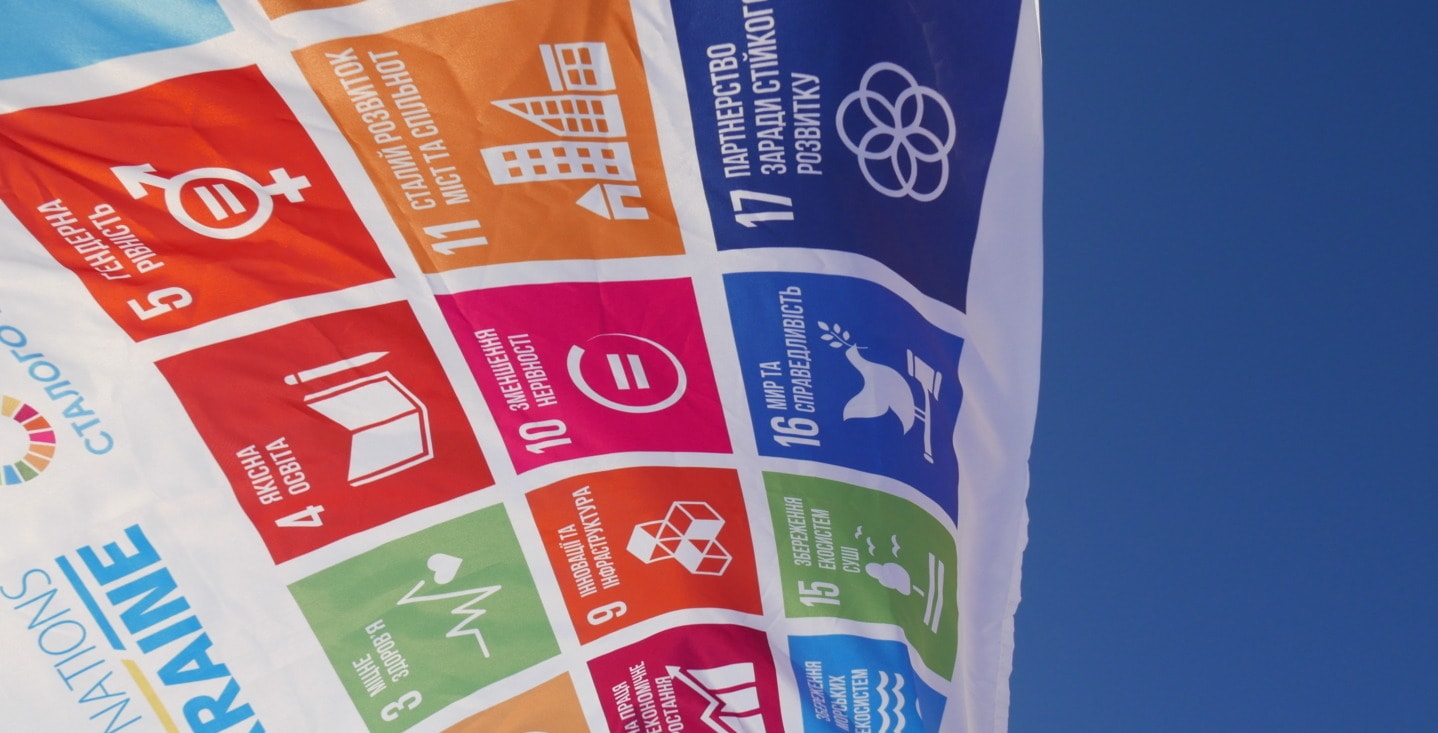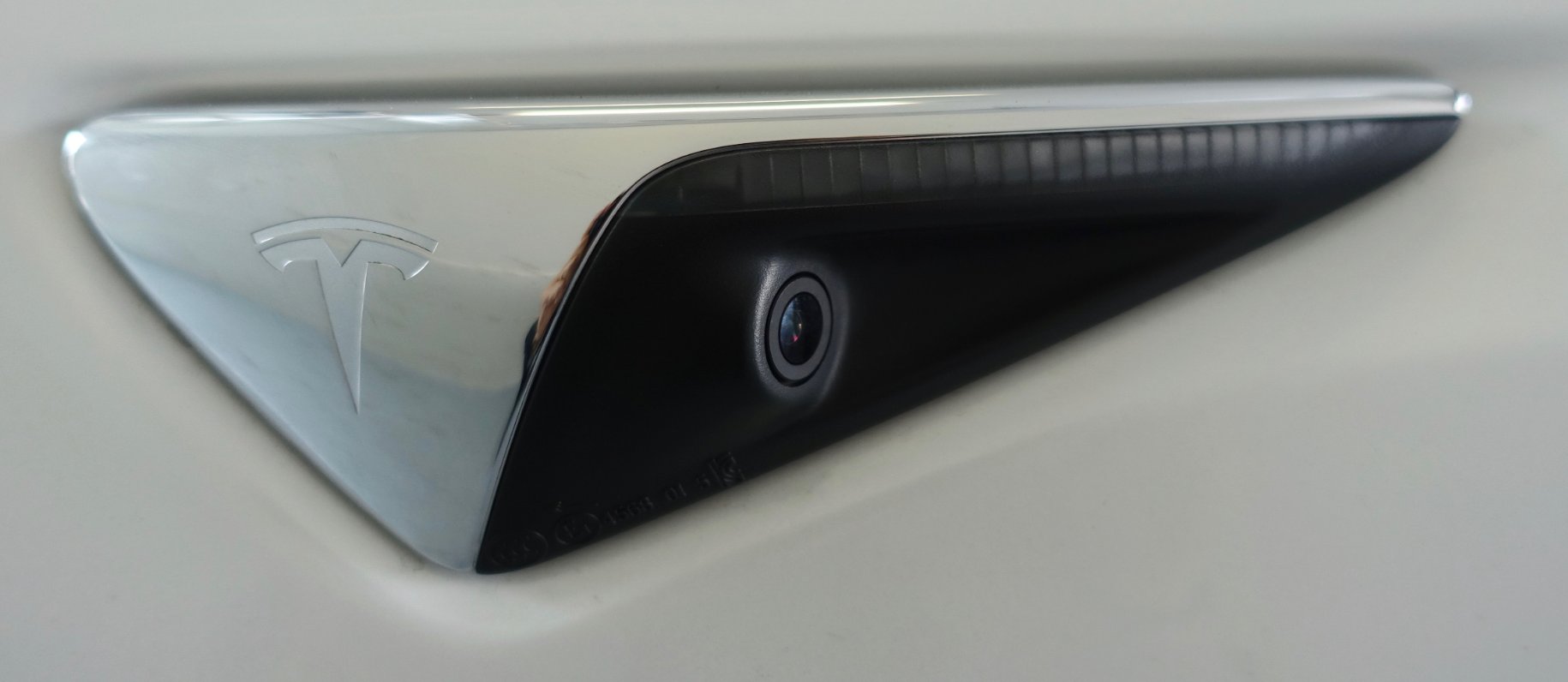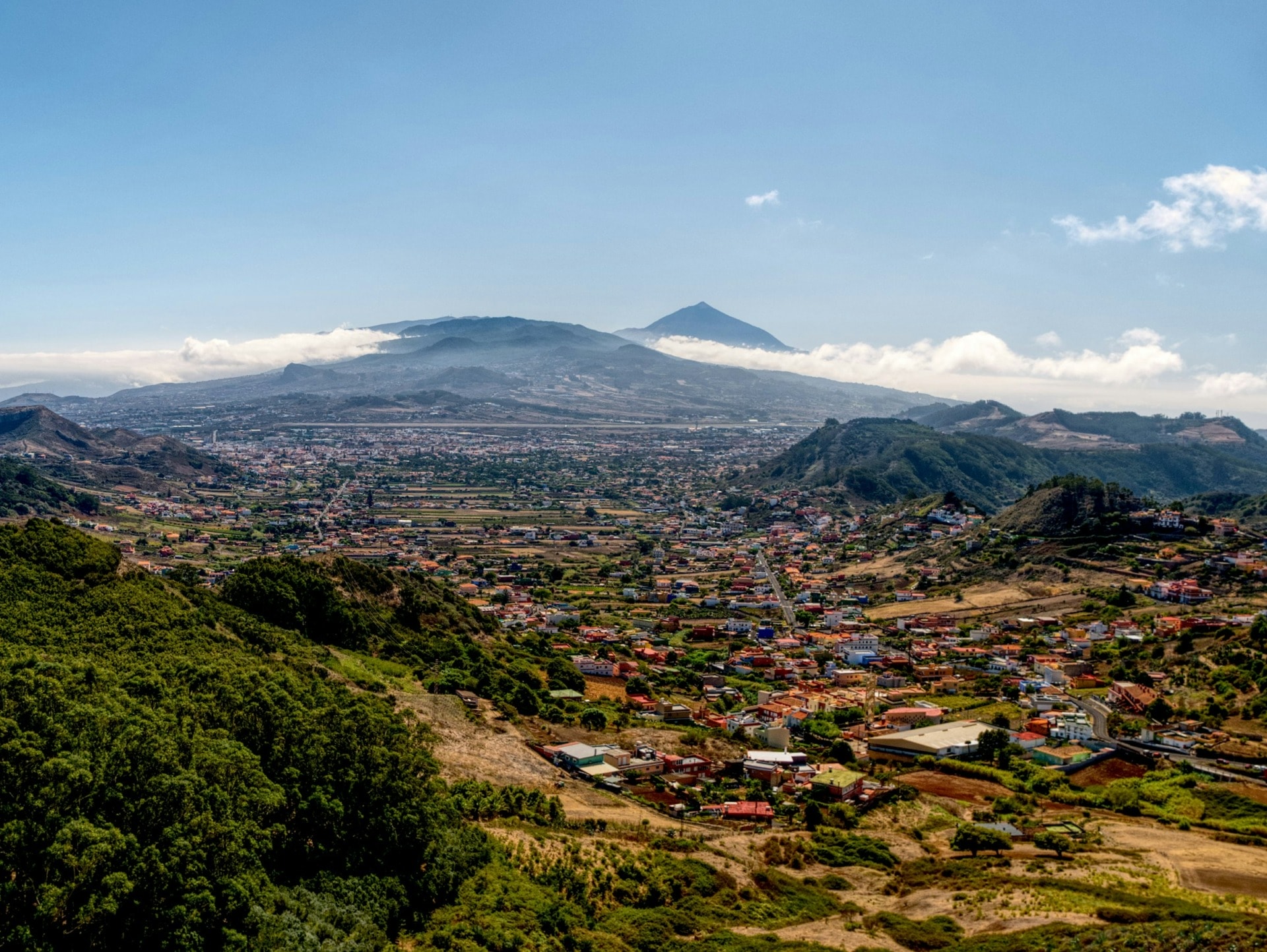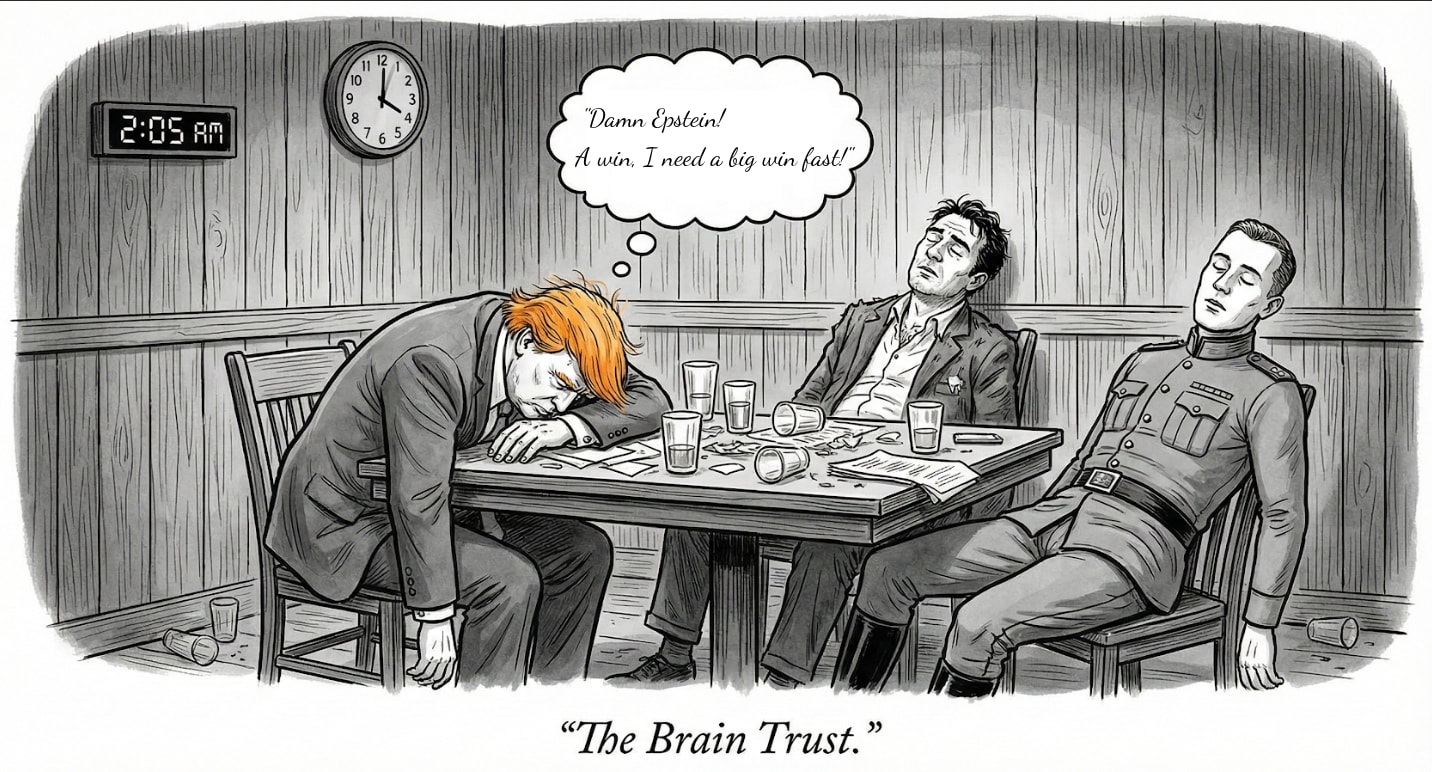Looking to Millennials to Realize the SDGs
I write at a time of polarization in society. Political factions are bitterly divided in many regions of the globe. Several friends and leaders I trust have privately confided in me, expressing serious doubts about implementation of global goals in light of this division. I remain hopeful – with a fierce belief in the potential of the SDGs- based on the visionary leadership I’ve seen in our global generation. What I’ve witnessed for over a decade is a groundswell of millennial activism at the nexus of personal wellbeing and social good. Young leaders in communities across the globe are using their talents to forge a new path – refusing a simple dichotomy of non-profit and for-profit – and focusing instead on our shared outcomes. There is a thread through these stories – from Boston to South Africa to Morocco – one of resilient optimism. May these stories instill in you hope for our work ahead– and help you see the massive opportunity we have to invest in the talent that can realize the goals we all share.
A book sparks a movement
I was a shy nineteen year old with limited context for the global goals. Growing up in the suburbs of Boston, my understanding of addressing extreme poverty and injustice was nothing more than charity during the holiday season. This changed when I read two books that transformed me: “Mountains Beyond Mountains” and “The End of Poverty”. In these books, I learned about the complexities of extreme poverty and the global response: the United Nations Millennium Development Goals. The linkages between communities were abundantly clear. What moved me most was a clear set of actions Professor Jeffrey Sachs, Special Advisor to the Secretary-General of the United Nations, had laid out for each reader to take. I was emboldened and found purpose.
Two days later, I cold-called Professor Sachs and visited his offices at Columbia University: “I am a college sophomore at Brandeis University. I don’t have many of the answers. But I know our generation can do more.” We came back to campus and began fundraising – first for small public health initiatives.
In September 2007, friends and I convened six student organizations from five campuses on the Harvard University campus. We realized that there were many young leaders passionate about global development – but working in silos. We invited collaboration. Six months later, we hosted the first Millennium Campus Conference at MIT; 1,000 student leaders participated from around the world, along with Dr. Paul Farmer, Dr. Jeffrey Sachs, and John Legend. Paul, Jeff and John joined our Board of Advisors, and the MCN was born: uniting and training the next generation of social impact leaders. To date over 5,500 young leaders from 300 universities around the world have participated in these global conferences and our fellowship program.
This journey has led me from our dorms to meeting with President Barack Obama in the White House to share our story. We’ve now traveled for the U.S. Department of State to engage with young social entrepreneurs across the globe. In each place we’ve engaged- from South Africa and Morocco to Macedonia and Bulgaria – we’ve seen extraordinary resilience. A resilient optimism in small but vocal cohorts of young social impact leaders- believers in social impact even in the face of uncertain times.
Over the years, our pedagogy has also evolved. It was clear that many young leaders were engaging in communities with a mentality that they could “save the community” or “save the world.” Often times, these students were doing more harm than good, leading many to become disillusioned and give up future aspirations to work in social impact careers. We have since created a core curriculum focused on core values of empathy and humility as foundational to doing this work. The results have been extraordinary – when young leaders are driven by core values, equipped with core management skills, and well networked and resourced, real change is possible.
Engineering for Good
Netia McCray is an inaugural Millennium Fellow. What has always moved me about her story is her humility – a steadfast commitment to state what she doesn’t know – which has guided her work in South Africa and the U.S.
“I’m a recent graduate of the Massachusetts Institute of Technology. I could have gone to a big firm like Google or Facebook, but I’m trying something innovative. It all started back on campus…As a recent graduate of the Massachusetts Institute of Technology (MIT), my path could have led me to the prestigious halls of Oxford University pursuing a doctorate degree in International Studies or building the future of technology at Google HQ. However, I decided to travel the less beaten path of becoming a social entrepreneur. My unique journey began a few years ago on MIT campus, when I was struggling to decide whether I would take a chance on my idea for a youth-focused NGO. ”
“In Fall 2011, I’ve just returned from implementing a pilot workshop in Brazil in which participants designed and developed hardware solutions for challenges facing their communities. During the semester, I was unsure if I should continue to develop and expand the program, despite the positive results of the program. This changed upon attending the Millennium Campus Conference 2011 at Harvard University, where I was inspired by the experiences of my peers launching impactful initiatives around the world and realized there was no reason why I shouldn’t take a chance. The cherry on top was when one of the MCC 2011 speakers, Saran Kaba Jones (Founder and Executive Director of FACE Africa) agreed to become my mentor and help me develop my organization: Mbadika.”
Related article: “Education: A Committed Future“
Fast forward to Fall 2013, I’ve been accepted into the inaugural class of Millennium Fellows as the leader of the student organization, Mbadika. Mbadika provides aspiring young innovators and entrepreneurs a platform to obtain the knowledge, skills, and resources necessary to develop impactful solutions for themselves and their communities. One of our initiatives, a line of DIY (do-it-yourself) kits which includes a Solar USB Charger for Mobile Devices, is presently being used in Sub-Saharan Africa as a tool to teach design thinking and tap into teens’ entrepreneurial abilities.However, at the time, our organization was struggling with the diminishing impact of our initiatives in Latin America and Sub-Saharan Africa as a result of the turbulence and disorganization inherent in the majority of student-led organizations. Our Millennium Fellowship allowed for us to properly re-structure our organization, develop a sustainable business model to support our workshops, and gain knowledge regarding tapping into off-campus funding sources. As a result, Mbadika was able to leverage $7,000 in funding from MCN’s partner, The Jenzabar Foundation in order to conduct customer trials of our Solar USB Charger Kit in South Africa. On behalf of MCN, Mbadika was invited to the State Department in Washington D.C. in order to share our progress.”
“Upon graduation last September, I made the decision to become a social entrepreneur and manage Mbadika full-time. Since then, Mbadika has held workshops for over 450 youth around the world and launched its regional manufacturing center in Cape Town, South Africa in order to locally manufacture our product line of DIY kits while providing local youth skillful employment opportunities. Our network of local and international partnerships have expanded to include the City of Boston, the U.S. State Department, Microsoft, the Fab Lab Foundation, Empower Peace, and many more. These partnerships, including our current programming partner EduGreen have allowed for Mbadika to have a year along presence in South Africa and increase our social impact on South African youth and youth around the world. However, none of this would have been possible without the assistance and guidance our team obtained from the Millennium Campus Network through the Fellowship program.
Netia McCray is a 2014 graduate of MIT and Founder of Mbadika.
Laila’s burning question
During a visit to Morocco, I met Laila – an extraordinary young leader with a question that I share as often as possible. Laila is one of many young people who stand to benefit significantly from implementation of more inclusive public policies outlined by the SDGs- and is owning that process of societal transformation.
Dear Mr. Vaghar, Thank you for coming yesterday to Agadir. Your speech was pretty inspiring. I must confess that when I decided to go to the training I was not really expecting to learn anything, but I was wrong. I have learned that we shouldn’t feel embarrassed to ask for help, and we shouldn’t deny who we really are because we can never improve if we keep deluding ourselves.
It was really courageous from your part to share with us your story, and I would like to share mine with you as well. I will try to make it short. During most of my life, I was struggling to be normal, to act normal and to try to prove that I am like anyone else even though I’m in a wheelchair. However, I live in a society that is not fully aware of what it means to be handicapped. And it applies to everyday life. For example, Yesterday I was going to leave E.M.A because the elevator was not working and I did not want my father to carry me to the third floor, but he insisted and I ended by accepting. What is really great about this country is that people are helpful when you ask them, but the infrastructure of most buildings does not make access easy for people in wheelchairs. Sometimes I think that to the government I don’t even exist.
And the consequences are great to my family and friends. And when I say it, I mean ALL people in wheelchairs certainly live the same frustrations. Now I go to the university and my class is in the second floor (no elevator). And each time, my father helps me to get there (with the help of someone else, mostly classmates). To be honest with you, I am sick of having to cause trouble to people like that. I don’t want to have to think if the place I am going to is accessible or not that’s why I’d like to contribute to the creation of a community that acknowledges the existence of different persons and to make life easier for them rather than harder. There is an association, but it’s located in Rabat, and their activities does not reach us. Two people and I tried to form a kind of sub-association of A.M.M (for like two years now), but we have not found anyone willing to help us, and I would like to ask, according to your experience, how it is possible to create an awareness in the heart of people? How can we instill ambition, or rather willingness, in our community to help improve the lives of people who are imprisoned in their little corners because the outdoor world does not have the requirements to welcome them.
Again thank you for your help.
Sincerely, Laila
Laila Sougri, Agadir, Morocco
Laila has now set up her own organization to give her own community an avenue to convene and draw strength from each other. She gave me permission to share this burning question with you: “How is it possible to create an awareness in the heart of people?” If we each pursue solving for that question with empathy and humility, and if we make serious investments in what is proven to work, the SDGs are within reach.
Recommended Reading: Engaging Youth by Youth for the Global Goals
THIS ARTICLE IS PART OF OUR SERIES ON THE SUSTAINABLE DEVELOPMENT GOALS (SDGS) – #SDGSTORIES. FOLLOW THE STORIES WITH #SDGSTORIES AND LOOK FOR THE NEXT INSTALLMENT TO OUR SERIES TO LEARN MORE ABOUT ACHIEVING THE SDGS ACROSS THE GLOBE. WE CAN ACHIEVE THEM, AND WE MUST.
EDITOR’S NOTE: THE OPINIONS EXPRESSED HERE BY IMPAKTER.COM COLUMNISTS ARE THEIR OWN, NOT THOSE OF IMPAKTER.COM. Laila’s Burning Question was previously published byImpakter as a stand alone article.


